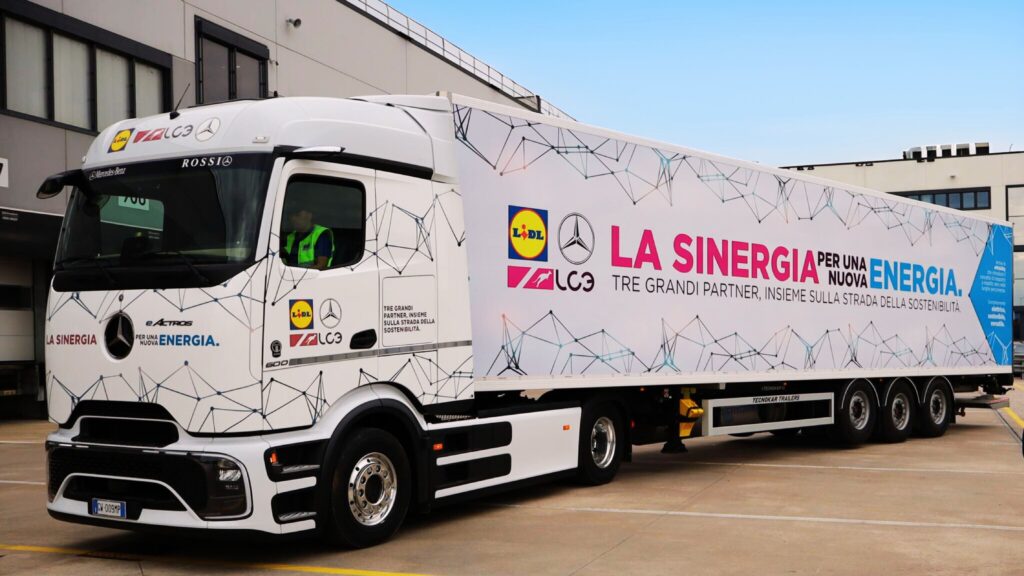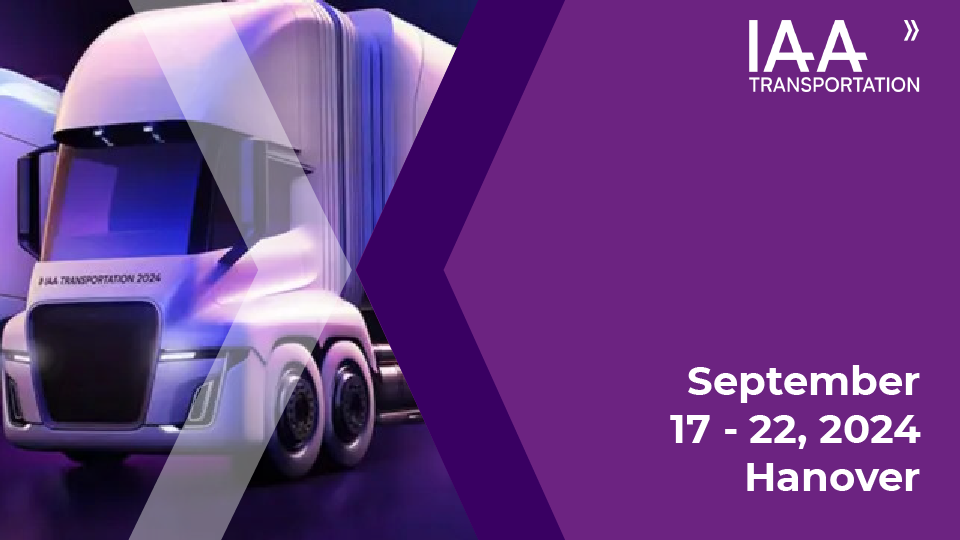
Low-emission zones are no longer just about CO₂.
A silent shift is redefining urban logistics:
European cities now enforce strict noise limits, forcing refrigerated transport to adapt or face access restrictions.
For refrigerated transport operators, this presents a new challenge: traditional diesel refrigeration units easily exceed 70 decibels, making nighttime deliveries or hospital-area operations increasingly problematic. This article explores the growing importance of quietness in refrigerated transport and how cryogenic systems can proactively address this shift.
Noise and Logistics: The Invisible Problem
Commercial transport noise is a recognized form of urban pollution according to the World Health Organization (WHO).
Key developments:
- Acoustic Low-Emission Zones emerging in Milan, Rome, Berlin, Amsterdam, London, and Paris
- Some municipalities restrict access to vehicles exceeding 60 dB
- Specific regulations for nighttime operations, residential areas, hospitals, and schools
“Urban noise exposure ranks among the top environmental causes of health impairment in EU countries.”
– WHO, Environmental Noise Guidelines, 2021 1
Limitations of Traditional Refrigeration Units
Even Euro 6-compliant diesel TRUs (Transport Refrigeration Units) produce:
- 70-80 dB during normal operation
- Vibration and acoustic peaks during restartvibrazioni e picchi acustici in fase di riaccensione
- Nighttime operation bans in many urban areas
Some electric solutions also maintain noisy compressors, especially in boost mode or after frequent door openings.
CryoKit: Certified Quiet Operation (<50 dB)CRYOKIT: SILENZIOSITÀ CERTIFICATA <50 dB
Cryotrucks’ liquid nitrogen-based technology features:
- No compressors or engines
- Cargo cooling via evaporators
- No vibration or mechanical noise
Urban trailer tests recorded 45-47 dB during full operation, even in multi-compartment mode.
Ideal for:
- Nighttime deliveries
- Hospital/pedestrian zone access, 24/7 supermarket operations
- Historic center deliveries with noise restrictions
Quietness as Competitive Advantage
At equal temperature performance, quieter systems enable:
- Exclusive time window access (e.g., 11PM-7AM)
- Fewer delays from time restrictions
- Better ESG/CSR compliance
- Improved community relations
DEFRA‘s 2023 report shows noise-reducing companies gain advantages in permits, logistics priority, and public tenders. 2

Future Outlook: From Guideline to Mandate
While still experimental, acoustic LEZs show clear trends:
- UK to mandate noise criteria in Clean Air Zones by 2027 3
- Germany already enforces <<60 dB in some Urban Low-Emission Zones 4
- EU considering extending Regulation 540/2014 to refrigerated vehicles 5
Early adopters will avoid retrofitting costs and gain urban access priority.
CONCLUSIONS
In modern urban logistics, quietness has transitioned from bonus to prerequisite. Companies adopting low-noise solutions today will maintain access, operational continuity, and reputation in tomorrow’s most demanding urban markets.
CryoKit isn’t just quiet, it’s pre-compliant with future regulations. A technical, regulatory, and strategic choice.

SOURCES
- World Health Organization – Environmental Noise Guidelines for Europe ↩︎
- DEFRA UK – Low Emission Freight & Noise Trial Results ↩︎
- Transport for London – Night Time Deliveries & ZEZ Trials ↩︎
- EEA – Noise Exposure and Urban Health Risks ↩︎
- European Commission – Regulation (EU) No 540/2014 on vehicle noise ↩︎

